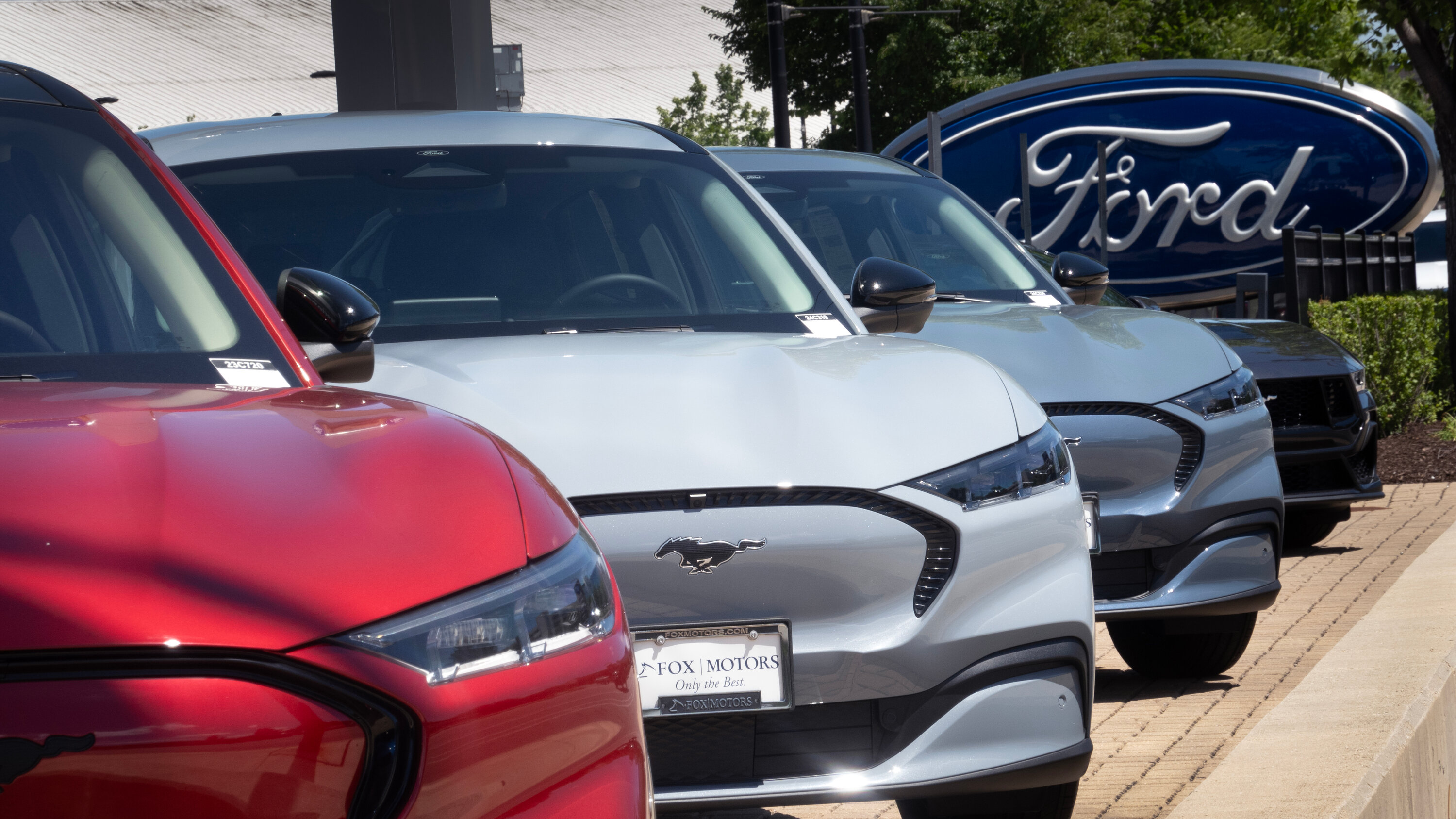Good point. It's happening on the planes and boats level. Major airlines have been investing in alternative fuels and short hop electic planes are being tested for FAA certification now. The marine industry made a major change from high sulfur fuels a few years ago. Hybrid power systems are being employed in several modern craft like ferry fleets, etc.And what about the 100,000+ flights per day? They aren't an issue?
That said, we the consumer are part of the problem as long as we insist on items with long ship distance. Buy local as much as possible.







